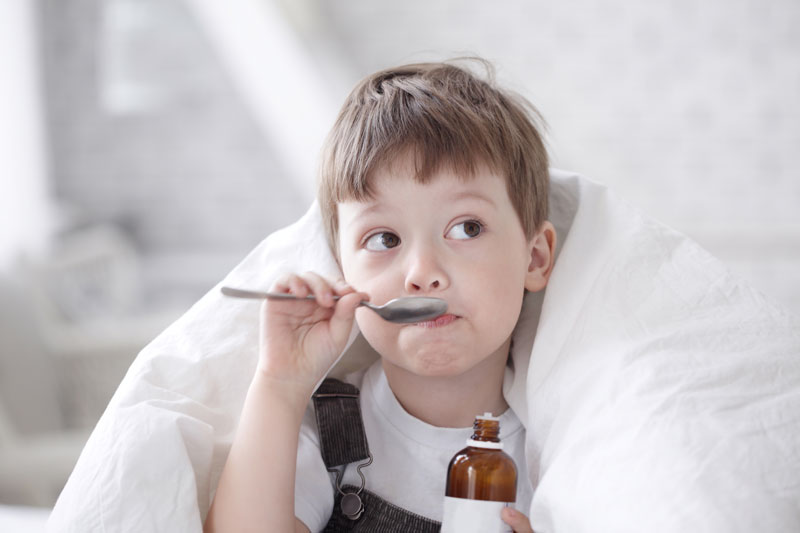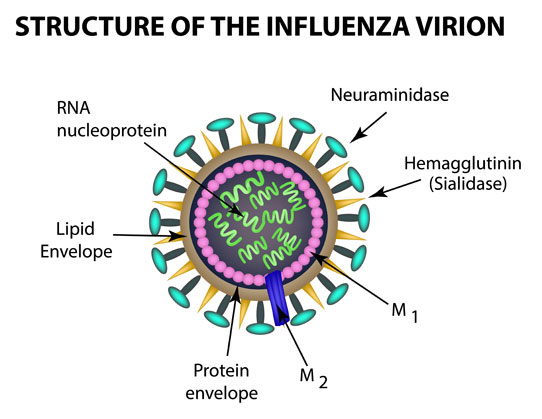Children's Health (paediatrics)
Nearly half of Australian children experience long-term health issues
Children’s health (or paediatrics) comprises various aspects that focus on the health and wellbeing of any child from birth to adolescence. We need to ensure that all Australian children grow into healthy adults.
Statistics from 2018 show that 43% of children had at least one long-term condition, while 20% had two or more long-term conditions (read more at The Australia Institute of Health & Welfare). Boys are more likely to have at least one long-term condition than girls (46% compared to 39%).
We can split illnesses that affect Australian children’s health into two main categories:
- Physical Ailments
- Mental Health Issues
Ailments affecting Children's Health
Allergies
Allergies are mostly environmental, such as being allergic to grass, pollen, dust and family pets.
Other common type of allergies affecting children’s health are food allergies, which include being allergic to milk, eggs, peanuts or fish and shellfish.
Symptoms of Allergies
Symptoms to watch out for when your child has an allergic reaction.
Mild or Moderate Reactions- Hives, welts or body redness
- Swelling of lips, eyes or face
- Vomiting, abdominal pains
- Tingling of mouths
- Difficulty in breathing
- Swelling of the tongue
- Swelling or tightness in the throat
- Difficulty talking or a hoarse voice
- Wheeze or persistent cough
- Dizziness or collapsing
- Being pale or floppy (more common in younger children)
How to Treat Allergies
If you think your child is allergic to a certain food or something in the environment, make an appointment with your GP to investigate it further.
Your GP can order a skin prick test or a blood test to help confirm the type of allergen. Once your GP has confirmed the type of allergy and how sensitive your child is to that allergy, an appropriate treatment can be devised.
Treatments come in the form of
- antihistamines
- corticosteroid cream
- ointment
- nasal spray
For more extreme cases, an auto adrenaline auto-injector is used.
Colds & Flu
Colds in kids are quite common.
Symptoms to look out for can include a tickly throat, a runny or stuffy nose, and sneezing. If there is a fever, the temperature usually isn’t high.
Unfortunately, there is no test for the common cold and no specific treatment. In most cases it just needs to run its course.
The Flu
The flu is like a cold, but has several contrasting symptoms including; loss of appetite, sore throat and in more extreme cases vomiting and stomach pains.
Unlike the common cold, a flu can be tested by your GP ordering a pathology test that looks for the flu virus. In many cases the flu can be prevented by the child getting the flu vaccine every year.
Conjunctivitis
Pink eye or conjunctivitis is where the membrane of the eye becomes infected. This causes the eye to turn red and itchy.
Conjunctivitis is often characterized by a discharge that forms a crust on the eyelashes and is highly contagious. Treatment is usually in the form of antibiotic or antihistamine eye drops, depending on the type of the conjunctivitis.
Gastroenteritis
Gastro or gastroenteritis is a short term illness caused by the Norovirus or inflammation of the digestive tract.
Symptoms include vomiting, diarrhoea, abdominal cramps, fever and nausea and generally last 1 – 3 days.
Treatments can include plenty of fluids, oral rehydration drinks, antibiotics if bacteria is the cause and in extreme cases admission to hospital so intravenous fluids can be administered.

Please note that all children (<18yrs) are bulk-billed. You can read more about our revised charges on our fees and billing pages.
Mental Health Ailments
Anxiety Disorders
Anxiety can be defined as a feeling of being uneasy.
It can be in response to a stressful event but for kids it can sometimes transfer to their own individual behaviour.
Depression
It is normal for kids to have a multitude of negative feelings including sadness, having bad moods or being grouchy. The sign it may be depression is if those feelings last for weeks or longer.
Typical signs to watch out for are:
- changes in sleeping and eating
- lack of energy and effort
- kids not enjoying things
- aches and pains
ADHD
Attention Deficit and Hyperactivity Disorder
ADHD is a chronic neurodevelopment disorder that is a combination of persistent problems, including difficulty sustaining attention, impulsive behaviour and hyperactivity.
Signs to watch out for are:
- Lack of focus
- Interrupting people
- Trouble waiting their turn
- Emotional Turmoil
- Problems playing quietly
- Fidgeting
- Not able to finish tasks
Treatment for ADHD comes in the form of medication and behavioural therapy.
If your child exhibits any of the aforementioned signs, book an appointment at our Clinic based in Parkwood to discuss your concerns further.

Pages on this site that cover other health issues:
